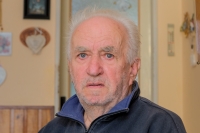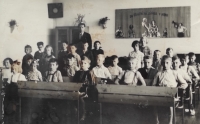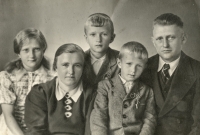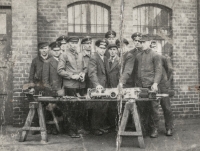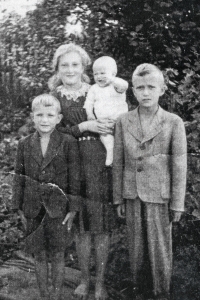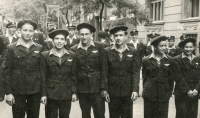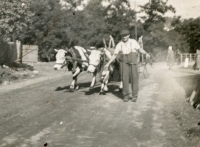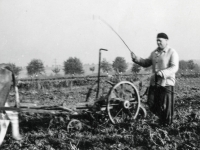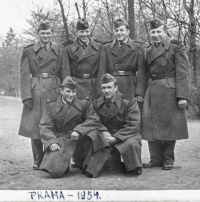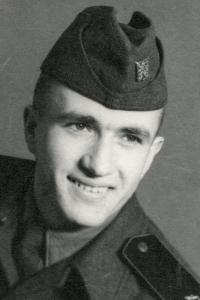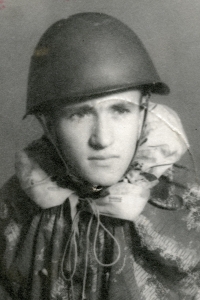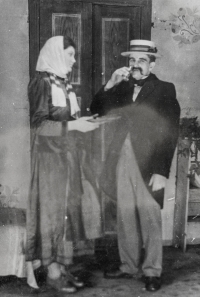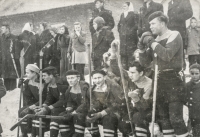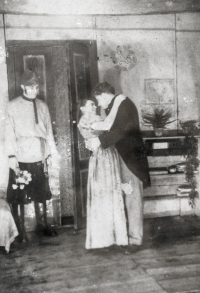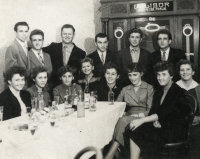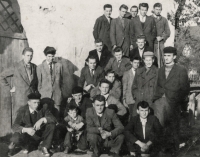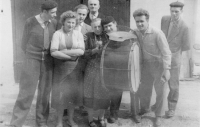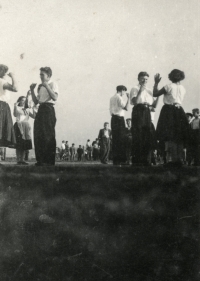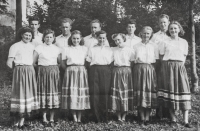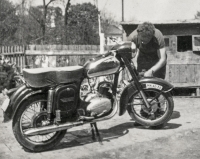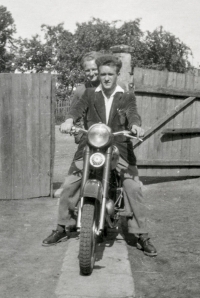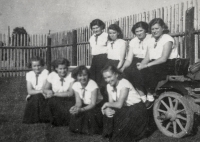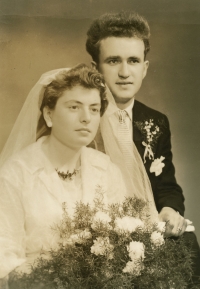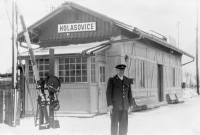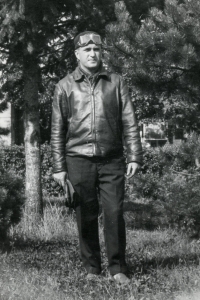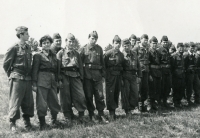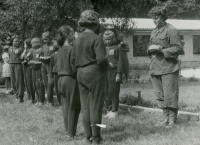We hid the Polish worker Vladek behind the kitchen
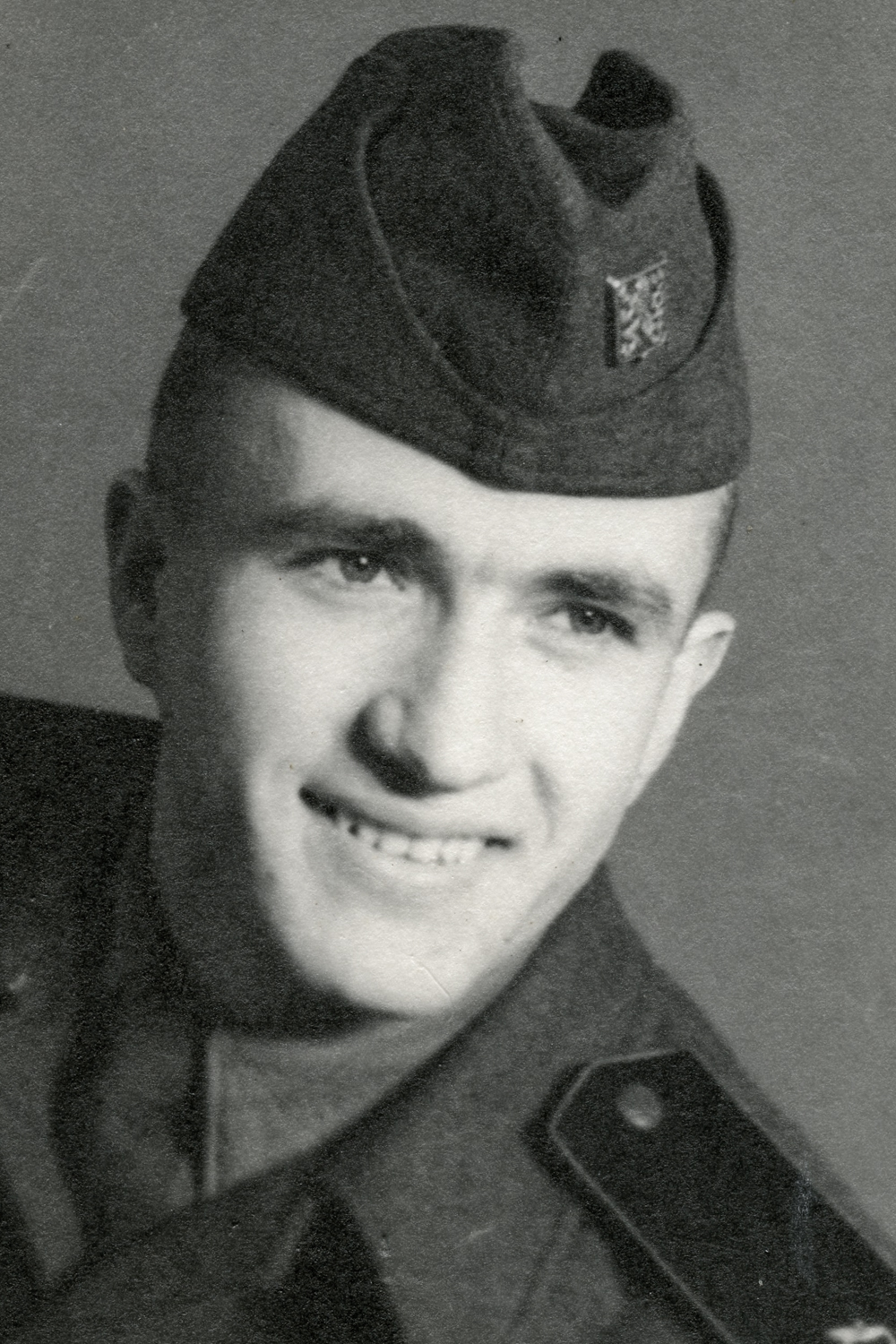
Stáhnout obrázek
Jaroslav Losert was born on 12 December 1933 in the village of Loděnice (Opava district) to Antonia and Stanislav Losert. In 1938 they moved briefly to Melč. In their native village, the Hitler Youth attacked the Czechs for not propagandizing and the Czech school became German. Jaroslav Losert recalls the shooting of František Hlaváč by gendarme Josef Weiss, as well as the hanging of two German soldiers or the shooting down of an American plane. His father was stationed in France, where he was captured by partisans. Later he hid a Polish worker Vladek at home. The end of the war was without fighting in Lodenice. Czechs bought the houses of local Germans cheaply. Father Stanislav became the mayor of the village, but later resigned. The communists then guarded their house. Jaroslav Losert trained as an electrician and in 1953 he joined the army in Prague. There he shot guns or fired anti-aircraft guns, then guarded ammunition depots in Klánovice. After the military service he worked as an electrical fitter and later as the head of the electrical workshop at the Opava East railway station. In 1960 he married his wife Gertruda Pavlorkova and they moved to Opava. He was living in Opava at the time of filming in 2023. He died on December 28, 2024.
